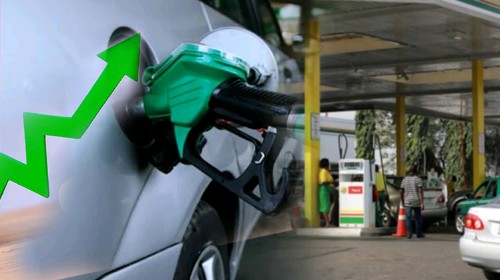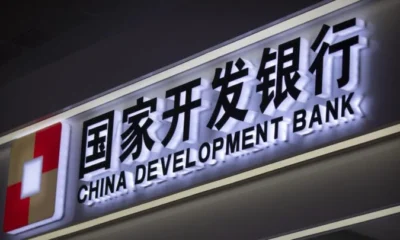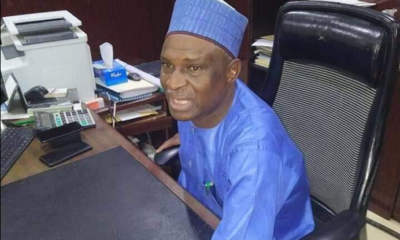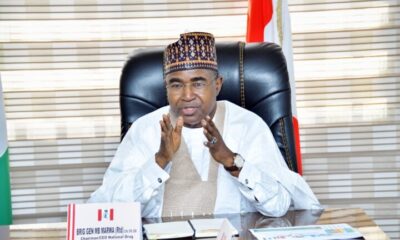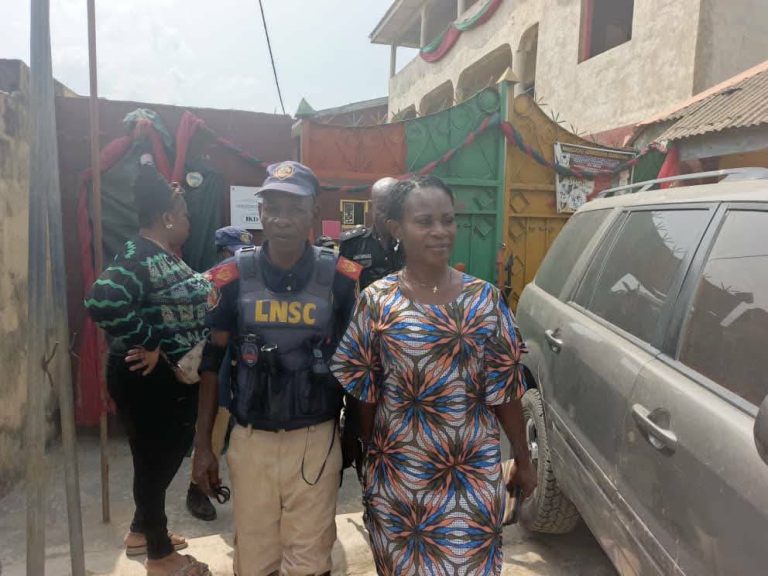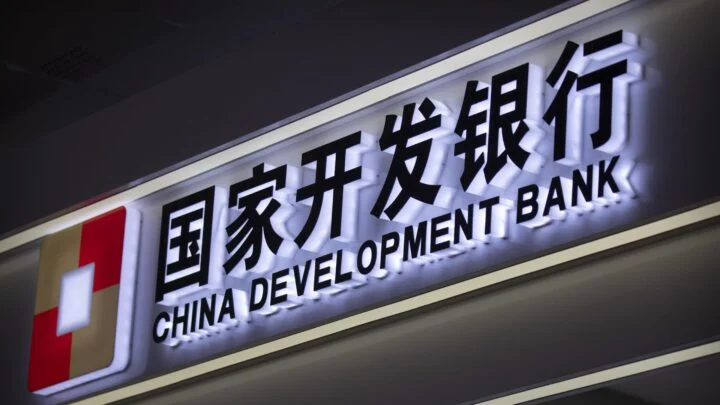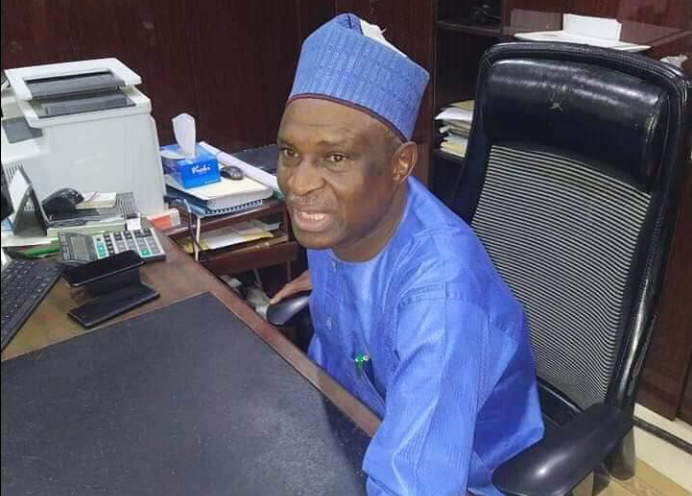The pump price of petrol could rise above N700 per litre in Northern Nigeria starting from July. This is according to a projection by oil marketers.
The National Controller Operations, Independent Petroleum Marketers Association of Nigeria, Mike Osatuyi, told The Punch on Wednesday that prices could rise to above N700 in the north once independent marketers start importing products from July.
He said while those living in the northern states could pay as much as N700 and above for one litre of petrol, those outside Lagos should expect to pay around N610, as residents in Lagos would pay about N600 per litre.
“What I am seeing is around N600 and above, depending on the exchange rate, the current crude price at the international market and the landing cost. Those in Lagos will pay around N600, those outside Lagos around N600 plus, while those in the north would be paying anything from N700 and above,” he said.
The downstream sector currently awaits fresh petroleum products as the Nigerian Midstream and Downstream Petroleum Regulatory Authority continues to licence operators willing to get involved in the importation business.
According to The Punch, the Executive Secretary, Depot and Petroleum Products Marketers Association of Nigeria, Olufemi Adewole, on Tuesday said that the NMDPRA was currently licensing more importers.
He said arrangements were on full speed for fresh products from July, adding that prices of products would depend on market fundamentals.
“Where do countries like Ghana, Benin, and Cameroun get their products from? Is it not from Nigeria?,” he asked, making reference to products being smuggled from Nigeria to neighbouring countries.
“Prices of products will depend on market fundamentals, and as we speak, the Nigeria Customs Service is delaying some AGO (diesel) vessels because of the 7.5 per cent VAT.
“And don’t forget, any cost incurred by marketers would be added to landing cost, and then to the pump price. The marketer would also have to add profit because they must make profit,” he said.
A former chairman of the Major Oil Marketers Association of Nigeria, and Chief Executive Officer/Chairman of 11 Plc, Tunji Oyebanji, during a chat on Monday, said consumers should expect new pump prices close to that of diesel, and those of neigbouring African countries that also import petrol.
As of June 19, the price of one litre of petrol in Ghana, Cameroun, Benin was already above N800 per litre.
Petrol currently sells for around N495 and above in Nigeria, with diesel price approaching N800 per litre.
“The truth now is that if you look at the prices of other West African countries that also import petrol, then, you will have an idea of what the price will likely be once companies start importing. So, if the price we have now is not anywhere close to theirs, then, we are not yet there. Another indicator should be the current price of diesel,” he said.
Oyebanji, however, added that the price could also be reduced depending on the exchange rate.
“The bottom line is that there will be an adjustment in price. Yes, it may go up now, it could also drop depending on the exchange rate. But the good thing is that products would be everywhere, and if you see that yours is more expensive than those of the filling stations around you, you will be forced to bring down prices so customers can come and buy. There would be healthy competition which is good for the market,” he said.
Earlier in a chat with The PUNCH, Osatuyi had described the current price of petrol as a “transitional price”, adding that marketers were expecting a roadmap from the Federal Government following subsidy removal.
“We are expecting the roadmap from the Federal Government following the meeting with labour. Labour has said they are giving the government two months to come up with the roadmap. We are also expecting the roadmap on how to deepen the use of Compressed Natural Gas.
“Already, three marketers have been confirmed to start bringing in products starting from July. That’s when we would know the real price of products because it would definitely increase. This current price is just a transitional price,” he said.
Following the Federal Government’s official statement on deregulation of the downstream market since May 29, prices of petrol have since shot up above N490/litre at stations belonging to the Major Oil Marketers Association of Nigeria, and above N500 at IPMAN stations across the country.
Chairman, IPMAN Satellite Depot, told The PUNCH that marketers were still loading products at the government-regulated price of N496 per litre.
“There are currently products in the country and we are loading at a government price of N496.50 per litre. But because of the new forex policy of the central bank, the naira has shot up to around N765/$1. Until new products start coming in, we won’t know the exact extent to which the new policy would affect our business,” he said.
Oyebanji also hinted that depot owners are now resorting to both local and foreign loans to finance importation.
“It’s not like we are just getting importation licenses. We have been licensed but we stopped importing because it was no longer profitable.
“Now, everybody is trying to see what we can do. Some people will raise money and borrow from abroad, while others will borrow from local banks. It’s not just three companies that would be importing; many companies are currently running around to start bringing in products. But we won’t be shouting about it on the pages of newspapers,” he said.
The development comes on the heels of a report by Reuters that since Nigeria scrapped fuel subsidy, black market fuel vendors and commercial drivers in Cameroon, Benin and Togo had seen their businesses collapse due to low supplies and high prices.
“In Cotonou, the commercial capital of Benin which is about 60km from Nigeria, queues have been building up at official petrol stations and some have been unable to meet the sudden surge in demand, especially from ‘zemidjan’, the local word for motorcycle-taxis.
“Before, we were selling about 2,000 litres per day, but now we’re selling up to 7,000 litres per day,” said a worker at the JNP fuel station who gave his first name, Janvier. He had just turned away four customers because supplies had run out.
“The zemidjan-men are even fighting to get served,” said Janvier.
In Benin and Togo, small nations to the west of Nigeria, contraband fuel vendors have lost both supplies and customers, while formerly sleepy official petrol stations are suddenly busy, Reuters reported.
At Hilacondji, a border crossing between Togo and Benin, some black market fuel stalls were shut, while at others vendors waited among rows of empty plastic jerricans for potential deliveries.
The report stated that one Ayi Hilla, who had been making a living from selling contraband fuel for 10 years, said many black marketers had gone into fishing or other small businesses.
Energy expert, Bala Zaka, criticised the Federal Government for deregulating the downstream sector.
“When I was explaining what deregulation means right before May 29, many people didn’t understand. Nigeria’s economy is too weak for deregulation. Where is the Dangote refinery? Has it started refining since it was commissioned?
“’Just look at what has happened to the naira. It has been devalued and approaching N900 at the black market. Very soon, we won’t be able to afford the basic things of life because even before you drive from your house to Kara on the Ibadan/Oshodi Expressway, your tank would have drained to half already.
“Now, if you try to challenge oil marketers, they can sue you. The likes of IPMAN, MOMAN are after profit maximisation and not after the wellbeing of the masses. But if people like us talk it would look like we are kicking against the government. The minimum wage can’t even buy a bag of rice. I have never been in support of full deregulation,” he said.
A professor of Economics at the Olabisi Onabanjo University, Tella Sheriffdeen, advised the government to activate local refining.
“Actually, since the exchange rate is now determined by market forces, depreciation of naira will make oil prices go up. Government has to be hard on oil importers to make sure they are not colluding with economic parasites who will want to jack up prices to force the government to bring back subsidies.
“Secondly, the government must insist on domestic productivity by the refineries and Dangote. It’s just that the government should have plan B to make fuel available by all means,” he said.

 BIG STORY3 days ago
BIG STORY3 days ago
 BIG STORY2 days ago
BIG STORY2 days ago
 BIG STORY2 days ago
BIG STORY2 days ago
 BIG STORY1 day ago
BIG STORY1 day ago
 BIG STORY1 day ago
BIG STORY1 day ago
 BIG STORY2 days ago
BIG STORY2 days ago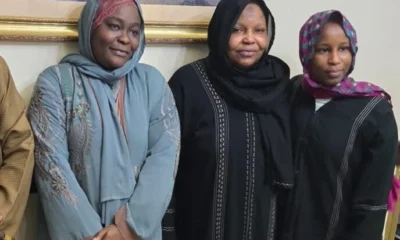
 BIG STORY2 days ago
BIG STORY2 days ago
 BIG STORY2 days ago
BIG STORY2 days ago




